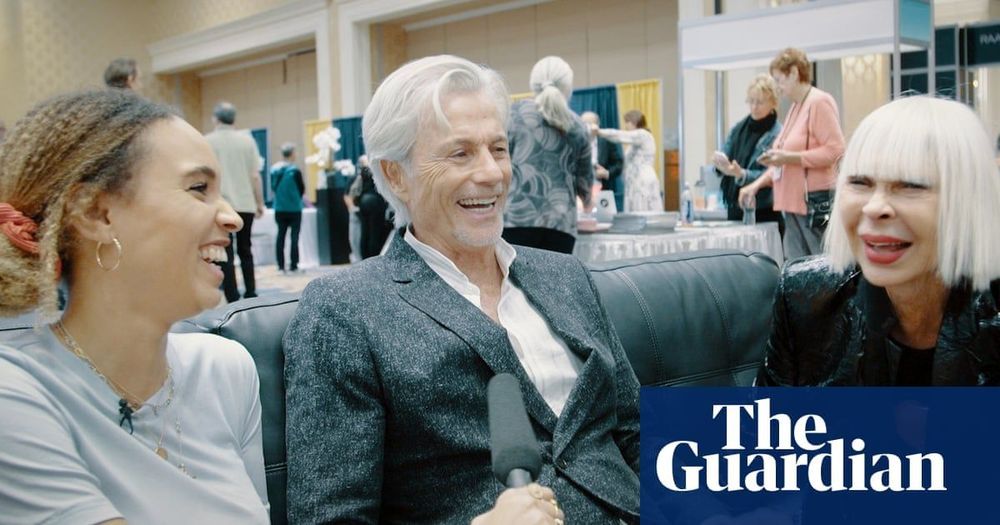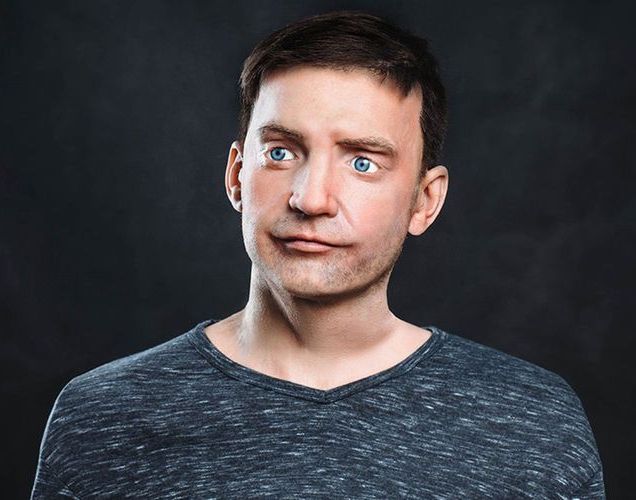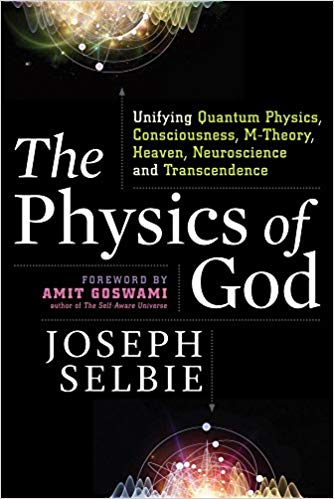face_with_colon_three
The tiny hydra, a freshwater invertebrate related to jellyfish and corals, has an amazing ability to renew its cells and regenerate damaged tissue. Cut a hydra in half, and it will regenerate its body and nervous system in a couple of days. Researchers at the University of California, Davis have now traced the fate of hydra’s cells, revealing how three lines of stem cells become nerves, muscles or other tissues.
Celina Juliano, assistant professor in the UC Davis Department of Molecular and Cellular Biology, project scientist Stefan Siebert and colleagues including Jeff Farrell, a postdoctoral researcher at Harvard University, sequenced the RNA transcripts of 25,000 single hydra cells to follow the genetic trajectory of nearly all differentiated cell types.
“The beauty of single-cell sequencing and why this is such a big deal for developmental biologists is that we can actually capture the genes that are expressed as cells differentiate from stem cells into their different cell types,” Juliano said.






